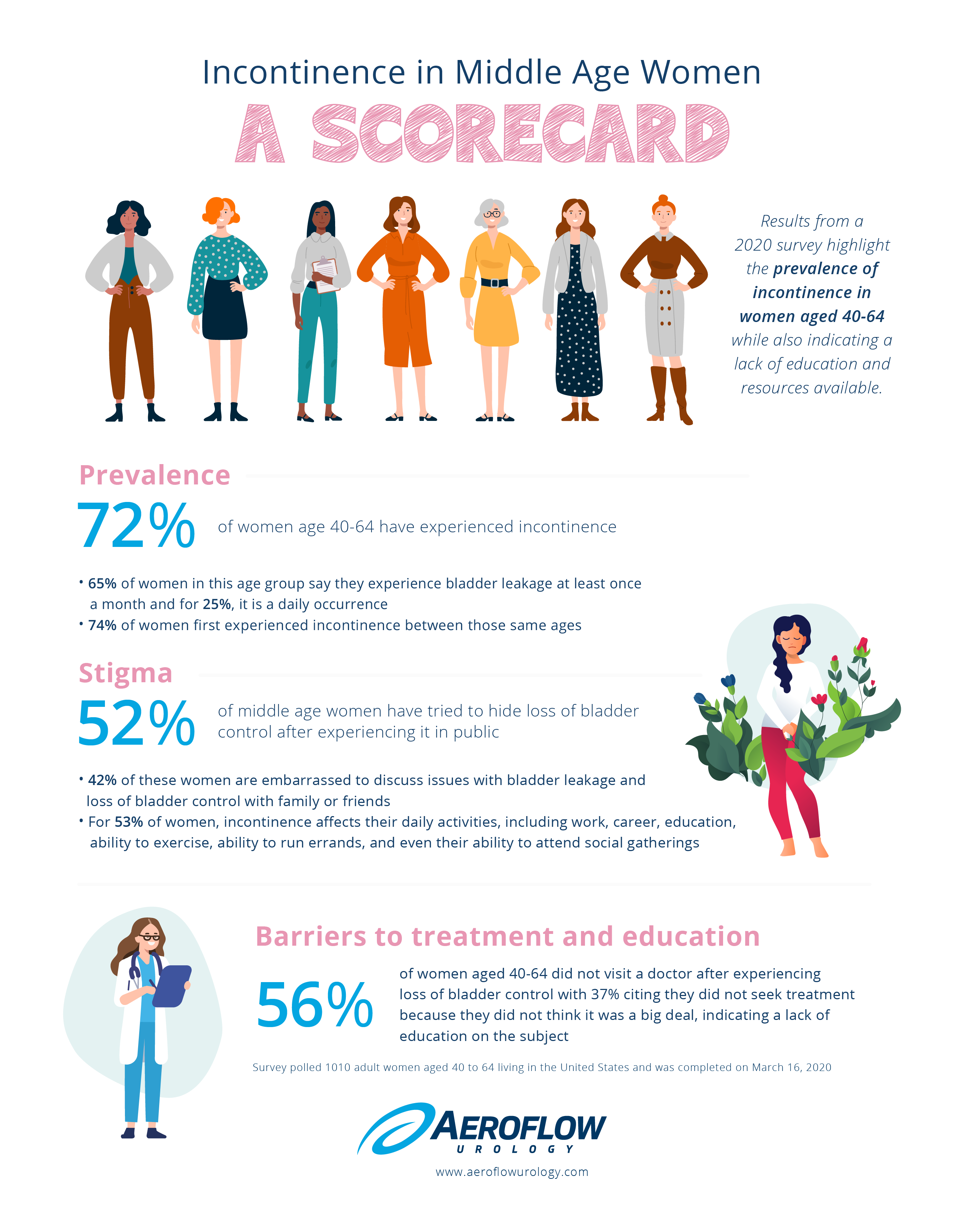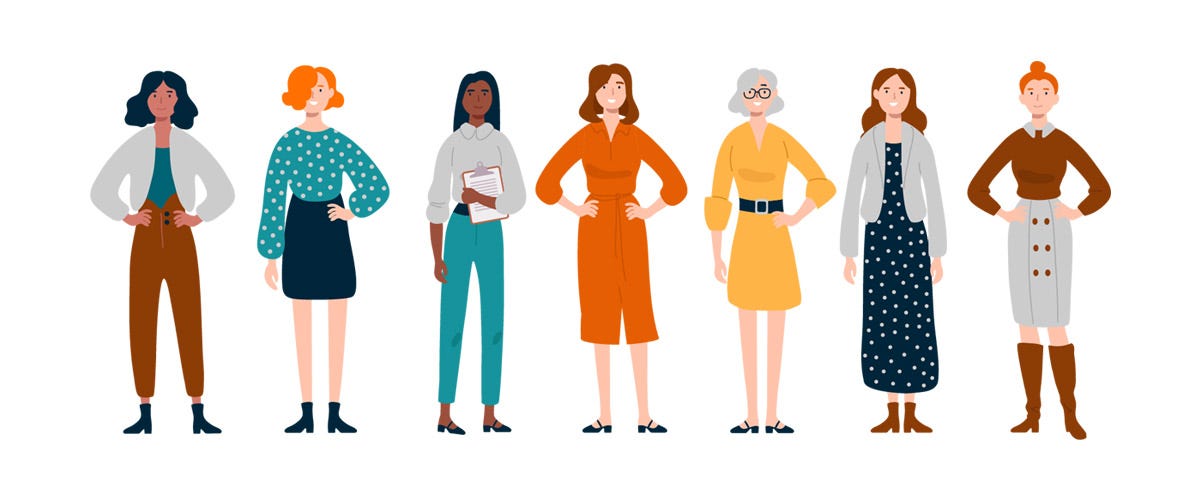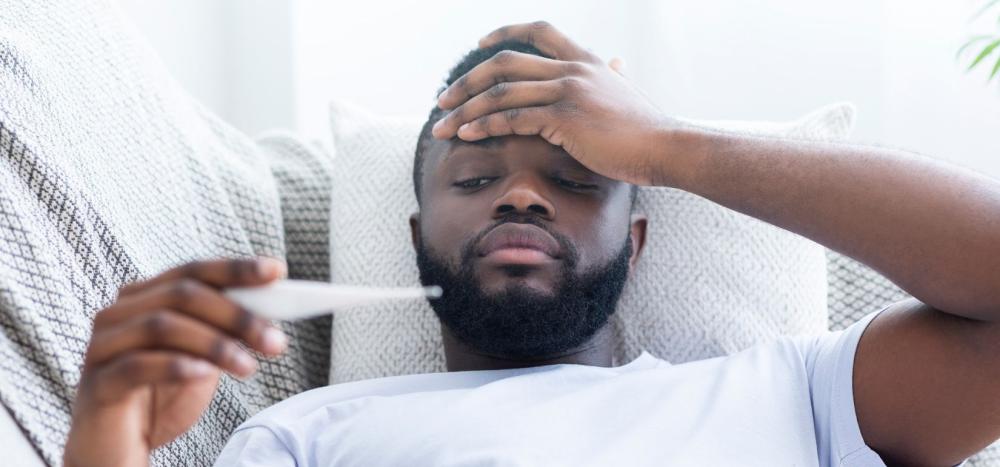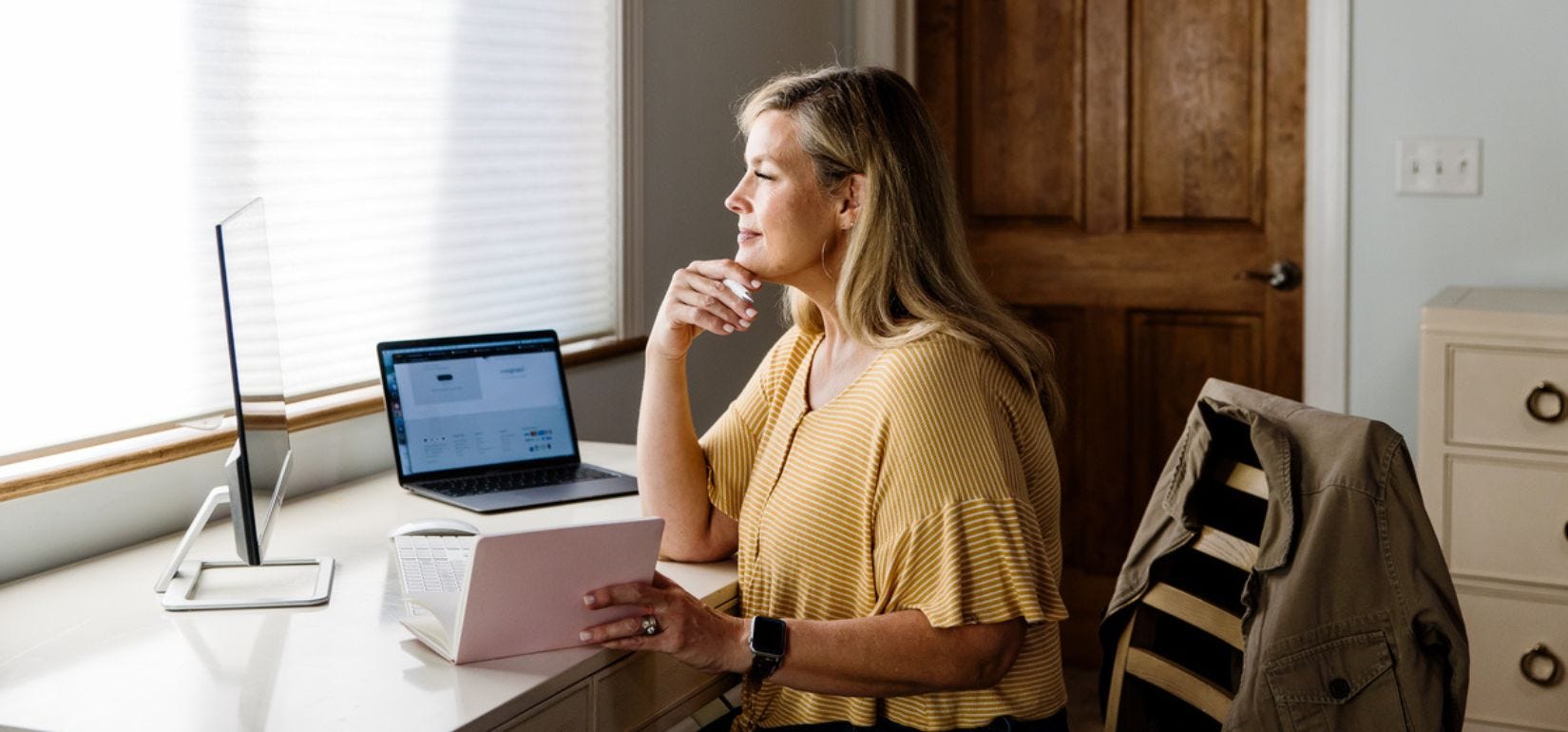This piece has been medically reviewed by Aleece Fosnight, MPAS, PA-C, CSC-S, CSE, NCMP, IF, Medical Advisor to Aeroflow Urology.
Aeroflow Urology surveyed hundreds of middle-aged women across the United States to learn how incontinence affects their daily lives, as well as the stigma around incontinence and barriers to treatment.
The results were staggering. An overwhelming 72% of the women polled have experienced incontinence, which includes bladder leakage as well as a total loss of bladder control. The results also indicated a clear lack of education and available resources to women as they navigate these changes to their body without help or direction from their healthcare provider.
These results help paint the picture of why issues like bladder leakage and bladder control for women should be top of mind for healthcare providers and must be normalized in conversation. This study confirms what we already suspected: social stigma and a lack of education about incontinence stand in the way of treatment. Breaking down those barriers is an important step in preventative treatment and normalizing incontinence. Without proper treatment, incontinence can evolve into larger health issues such as urinary tract infections (UTIs), kidney failure, and depression. Incontinence, and incontinence treatment, can even impact life circumstances like personal finance.
Check Your Eligibility
In 2 easy steps!
Discover the bladder control supplies covered by your Medicaid plan.
The Scorecard
Prevalence
- Incontinence is very common among women aged 40-64, with 72% having experienced it and 74% of women first experiencing incontinence between those same ages.
- 65% say they experience bladder leakage at least once a month and for 25% of women, it is a daily occurrence.
Stigma
- 52% have tried to hide loss of bladder control after experiencing it in public, while another 42% are embarrassed to discuss it with family or friends, suggesting the presence of a strong stigma.
- For 53% of women, incontinence affects their daily lives and activities, including work, career, education, ability to exercise, ability to run errands, and even their ability to attend social gatherings.


Barriers to treatment and education
- 56% did not visit a doctor after experiencing loss of bladder control, and 37% said they did not seek treatment because they did not think it was a big deal, illustrating a lack of education on incontinence.
Additional Resources
Disclaimer: Using a third-party survey administrator, Aeroflow Urology polled 1,010 women between the ages of 40 and 64 in the U.S.
Information provided on the Aeroflow Urology blog is not intended as a substitute to medical advice or care from a healthcare professional. Aeroflow recommends consulting your healthcare provider if you are experiencing medical issues relating to incontinence.













